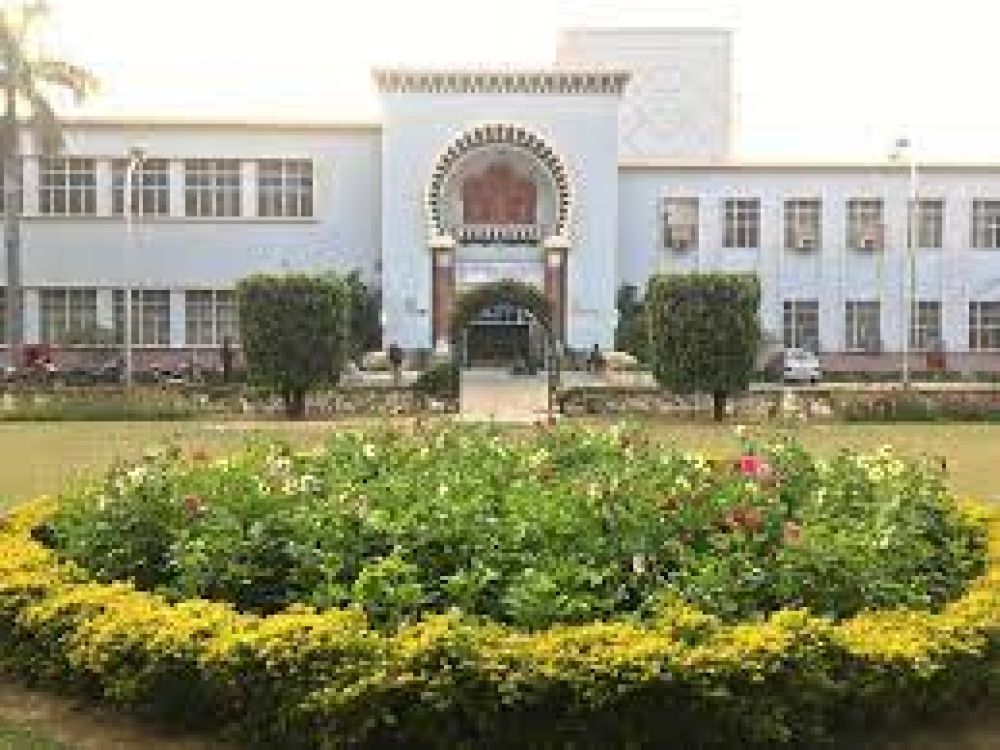

The Maulana Azad Library is not just an ordinary library; it's a historic institution located in the heart of Aligarh Muslim University (AMU), Uttar Pradesh, India. Named after Maulana Abul Kalam Azad, a freedom fighter and the first Minister of Education in independent India, the library is renowned for its rich collection of books, manuscripts, and rare documents.
Constructed in 1960, the Maulana Azad Library stands as a testament to the academic heritage of the region. The library's origin dates back to the establishment of the Mohammedan Anglo-Oriental College in 1875, which later became the Aligarh Muslim University. The present library is an amalgamation of several collections from various college libraries within the university campus and has grown impressively over the years.
While Aligarh is not traditionally known as a tourist city, the Maulana Azad Library attracts historians, researchers, academicians, and tourists interested in India's educational and cultural history. The architecture of the library, with its Indo-Saracenic Revival design, is an attraction in itself, housing over 1.8 million volumes.
As travel motivations evolve, educational tourism has seen a significant uptick. Visitors are increasingly interested in destinations that offer a mix of historical, cultural, and educational experiences, and the Maulana Azad Library fits perfectly into this niche. Moreover, there's a growing trend of 'intellectual pilgrimages' wherein tourists visit sites of intellectual significance, adding to the library's allure.
While the library primarily serves the students and faculty of AMU, it is open to visitors who have a genuine interest in the collections. As a visitor, you may require special permission to access the library, which can be obtained from the library administration. Guided tours may also be available, providing a more in-depth understanding of the library's resources and history.
The library boasts several rare collections, including ancient manuscripts in Arabic and Persian, as well as volumes in Urdu, Sanskrit, and English. One of the most valued possessions is a copy of the Qur'an printed on Sir Syed Ahmed Khan’s printing press in 1842, alongside a range of other texts from the 18th and 19th centuries that bear immense scholarly value.
The Maulana Azad Library represents a key aspect of Aligarh's and indeed India's rich academic and cultural heritage. For tourists seeking knowledge and a deep dive into historical literature, this library offers a window into the past and an abundance of resources for those willing to explore.